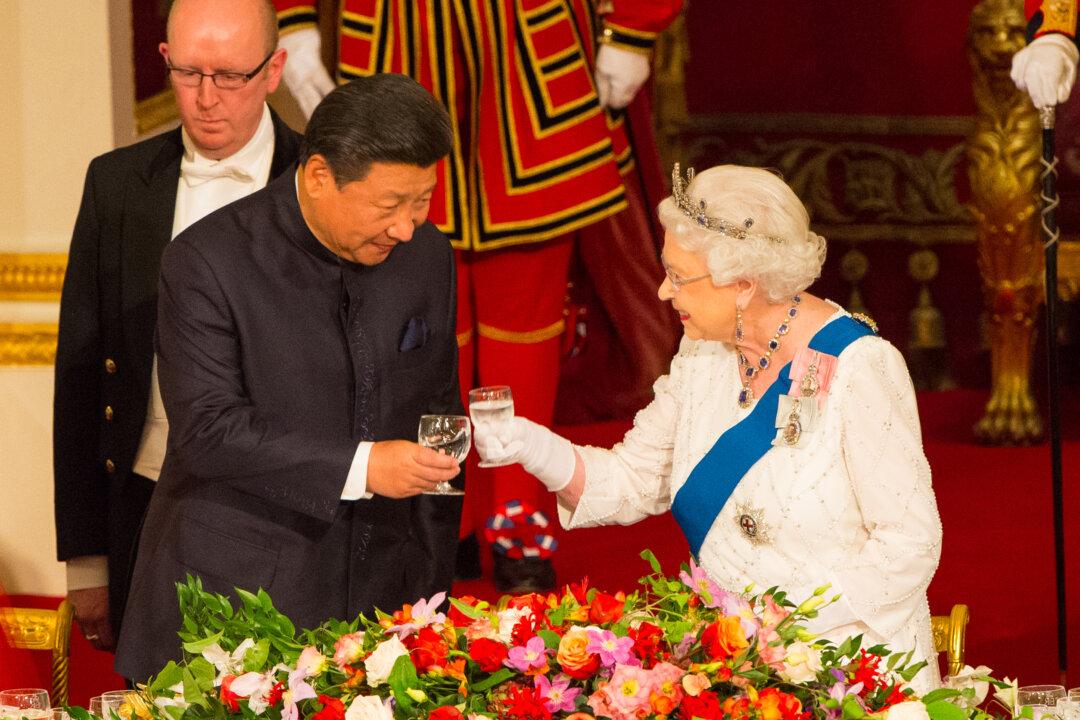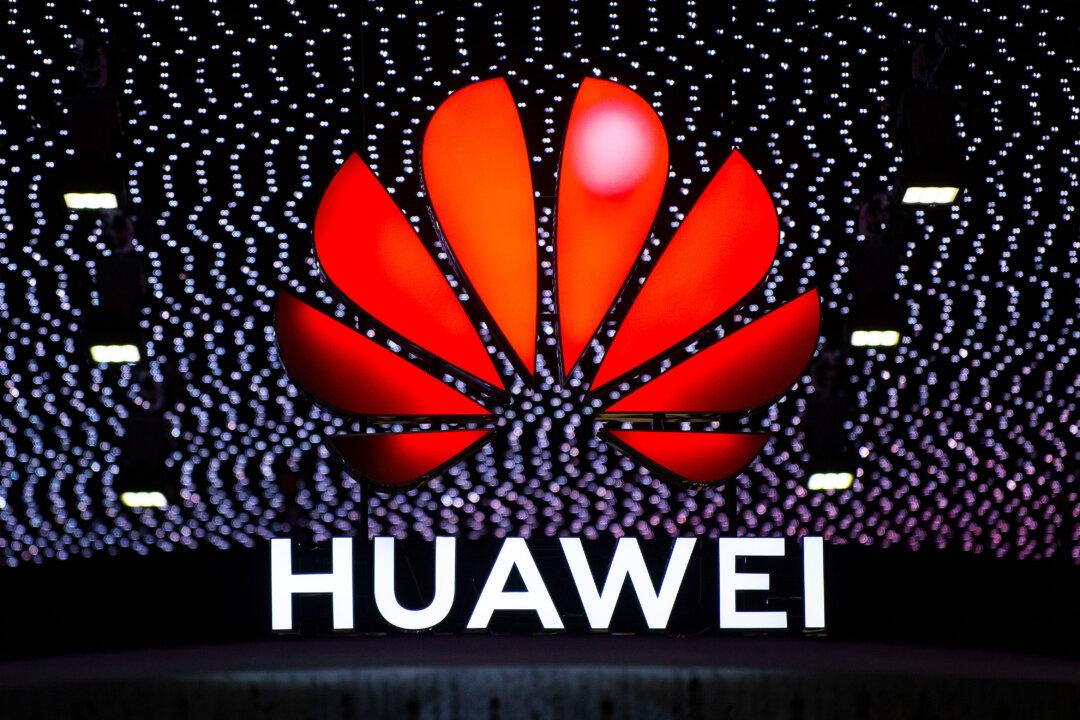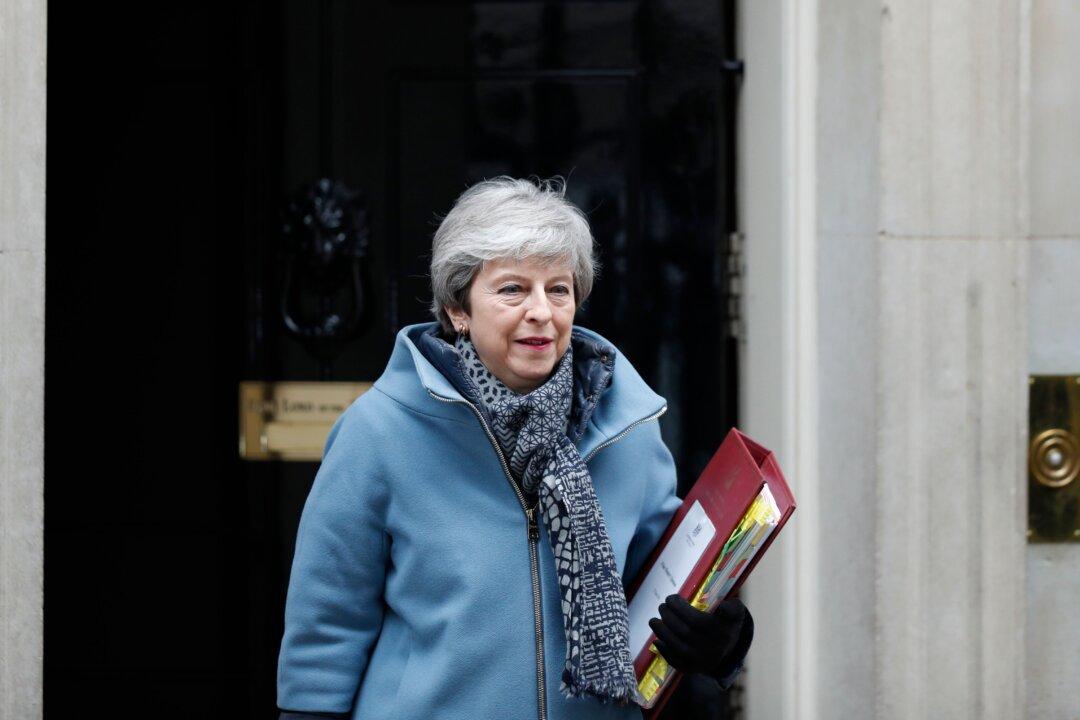LONDON—The United Kingdom may be targeted by the Chinese communist regime following Brexit as part of a “divide and rule” strategy, a leading think tank has warned.
According to the Royal United Services Institute (RUSI), the UK is a particularly attractive target for the Chinese regime because of its membership on the U.N. Security Council and its geopolitical standing. It’s also home to almost 100,000 Chinese students—more than the rest of Europe combined.




